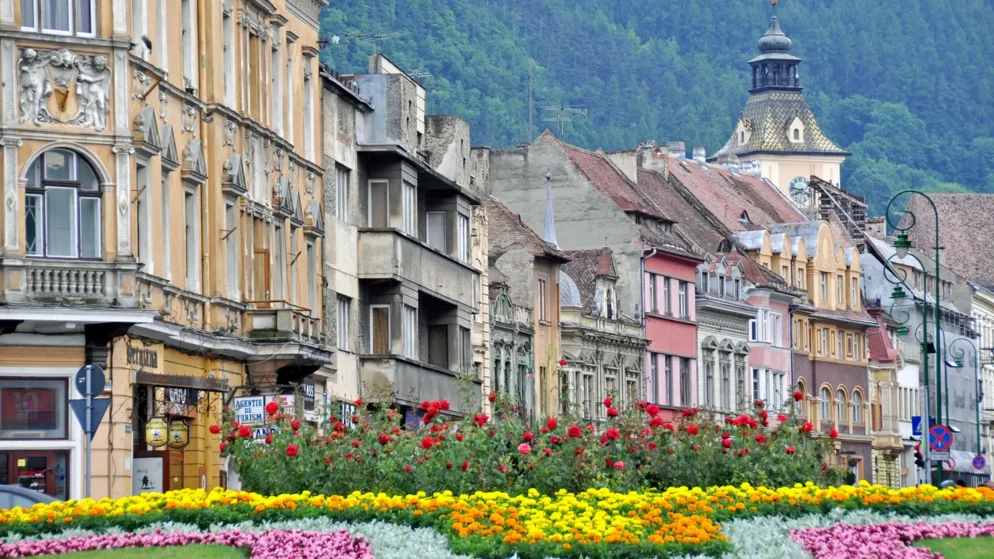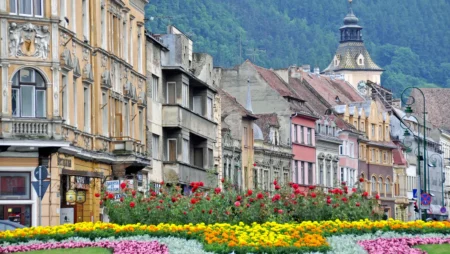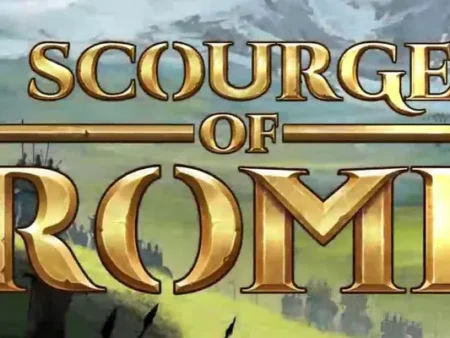

Romania has announced a ban on gambling venues in small towns and villages with populations of less than 15,000 residents. Parliament voted in favor of Government Emergency Ordinance (GEO) 82/2023 with some amendments. This law has been in place since 6 October 2023.
The latest ordinance which has been dubbed as the “law of slot machines” was passed by deputies in the lower house of parliament. This law reportedly passed the lower instance of the House on a vast majority vote, with 243 proponents, two sustained, and four abstentions.
Prime Minister Marcel Ciolacu fast-tracked the law as an ‘executive order’ and used the occasion to declare the coalition government’s victory over the proliferated illegal gambling facilities reaching remote and low-populated country’s areas.
“The good old days of those who profited greedily by selling people’s illusions are over. The Parliament voted today to remove gambling slums from more than 90 percent of the localities in Romania. Protecting the people should be the priority, not the extra money raised to the budget made on people’s suffering. We have increased taxes on gambling, we have better regulated online gaming, we have banned gambling in towns under 15,000 and we will continue to take action until things are under control. I’m not afraid of anyone and I’ll go all the way,” Ciolacu stated.
According to Alfred Simonis, leader of the Social Democrats in the Romanian Parliamentary, this is the first law adopted in Parliament in 30 years against this mafia that has controlled the political world for the longest time.
“Right now we are fighting an industry that has a total turnover of €10-12 billion,” Simonis added.
Approving this ordinance forms part of Romania’s legislative process. Instead of the law being passed by parliament, the government issued an emergency ordinance that was enacted the day it was introduced. But this ordinance still required parliamentary approval, which took place this week. Parliament had the power to approve the ordinance altogether, approve it with amendments or reject it completely. If rejected, the ordinance would no longer be in effect. The law is now with Romanian president Klaus Iohannis. Iohannis can approve the law or send it back to parliament.
The law text states that it will enter into force within 10 days of issuance.
Local and Political Rumblings
Despite a unanimous vote by legislators, there was some clamor within the chamber. Two opposition parties that support banning the “scourge” of gambling outright accuse the government of collusion with the gaming sector for not taking a stronger position.
Ionut Mosteanu, the leader of the opposition USR, questioned how lawmakers had set the threshold. He asked how the legislators thought that slot machines only damage 15,000 people. Mosteanu also stated that there was not even a debate to see how many townships qualify for this 15,000 number. He questioned how and why such a number was agreed upon, and whether or not the parameters should have been higher to cover not just small towns, but the more developed cities.
On the side of the operators, many have stated that they were not consulted nor informed about the ordinance, and hope that the authorities will control the black market as they promised.
Efforts to Regulate Local Gambling in Romania
The arrival of the ordinance coincides with the emergence of gambling venues across Romania over the last few decades. The National Gaming Office, the state body that monitors and approves the sector, has registered 12,000 sports betting, bingo, casino, lottery rooms. The state collects taxes from gambling venue licenses and online ticket sales as from the amount betting houses spend on advertising.
In 2023, the Ministry of Finance introduced significant license fee hikes for casino operators. This includes online licenses costing €500,000 a year, lottery licenses costing €200,000, Video lottery terminals licenses costing €100 per machine, casino licenses costing €4,000 per table, poker costing €5,000 per club, bingo in gaming halls costing €5,000 and licenses for bingo organized via television costing €500,000.
On the matter of gambling addiction, there are no current available data that help indicate how many people in Romania are addicted to gambling. The last survey was conducted in 2016, and found that there could be around 100,000 addicted people across the country. The number today could be much higher. Research recently carried out by Save the Children shows that one in seven children in Romania partake in gambling and using money to play, while one in 10 lives in families where one of the parents does.
The European gambling scene is a dynamic one compared to other regions. This is due to the fact that each country has their own rules and regulations, and their player base have vary as far as what they are playing, their age limits, and other factors that contribute to the make up of their respective markets. Players need to be familiar with their country’s gambling laws for conventional and online casinos to ensure that they are safe and enjoy their sessions.
Last Updated on by jonathan r













